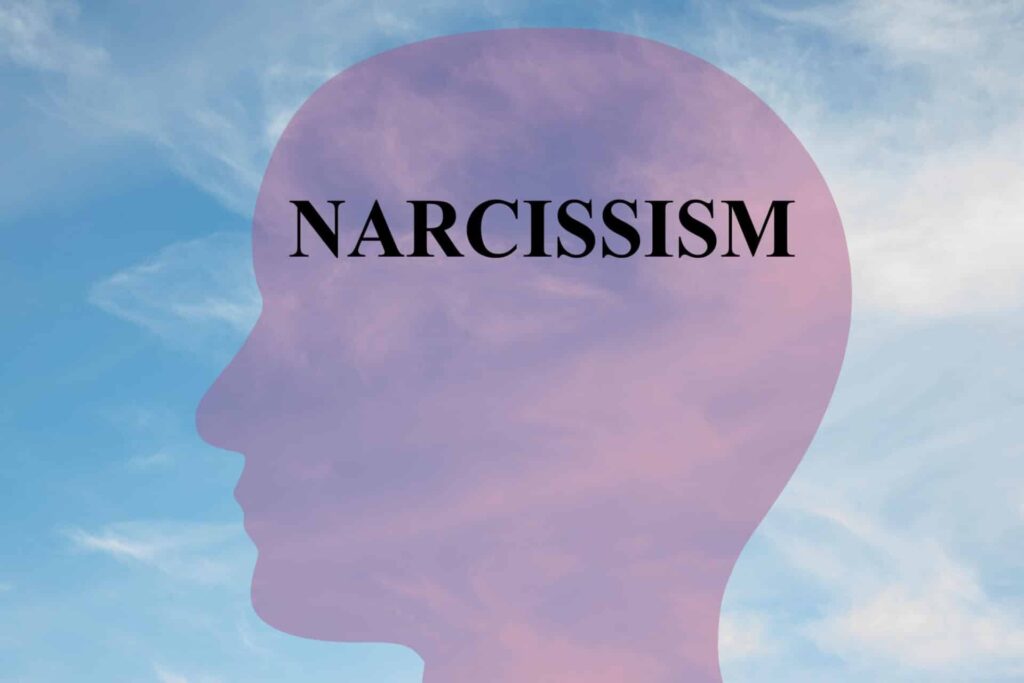According to a 2020 study, there are an estimated 60 million individuals in the United States who are affected by different types of narcissism.
If you’re one of those people, you’re probably feeling a range of intense and confusing emotions. You may feel like you’re going crazy or that the abuse was your fault. It’s normal to feel this way after narcissistic abuse, but hope exists.
Therapy can help you understand what happened during the relationship and give you the tools to heal. With the help of a therapist, you can learn how to set boundaries, protect yourself from future abuse, and rebuild your life.
A therapist can guide you through proven methods of coping skills and healing. Read on to learn more about how therapy can help you heal from narcissistic abuse.
What Is Narcissistic Abuse?
Narcissistic abuse occurs when someone close to you uses your vulnerabilities against you. Narcissistic abusers are adept at manipulation and control. Signs of narcissism and narcissistic emotional abuse include:
- Making you feel like you’re never good enough
- Gaslighting – making you doubt your reality and memory
- Constantly putting you down
- Isolating you from friends and family
- Making threats or using intimidation tactics
- Financial abuse
If you’re close to a narcissist, then you know how these narcissistic traits can make you feel. You may feel like you’re always walking on eggshells because you never know when the narcissistic abuse will start.
Signs of PTSD
Narcissistic abuse can take a toll on your mental and physical health. The constant stress of the relationship can lead to anxiety, depression, and even post-traumatic stress disorder (PTSD).
Common symptoms of PTSD include nightmares, intrusive thoughts, difficulty concentrating, and an ever-present feeling of being “on edge” or easily startled.
But not everyone recognizes the symptoms of complex PTSD, which can be just as debilitating. Complex PTSD symptoms occur when someone is exposed to abuse for an extended period, such as in a narcissistic relationship.
Other signs that someone may have complex PTSD include intense fear, feeling powerless or alone, numb or detached from others, hopelessness, and difficulty trusting people.
How Can Therapy Help?
If you’re struggling with any of these symptoms, therapy can help. In therapy, you’ll learn how to:
- Understand what happened during the relationship
- Set boundaries
- Establish a sense of safety
- Develop a support system
- Protect yourself from future abuse
- Rebuild your life
During therapy, you’ll also have the chance to explore the emotions you’re currently experiencing. That can be a helpful way to release the pain and anger you may feel. It’s also a chance to start rebuilding your self-esteem.
Narcissistic Abuse Therapy in Nashville, TN
If you’re struggling with narcissistic abuse, please know that you’re not alone. Help is available, and you can heal.
For more information on narcissistic abuse and how therapy can help, don’t hesitate to contact Apex Recovery Rehab in Nashville, TN. Take the first step towards healing with some of the best psychotherapy and counseling Nashville TN offers today!

